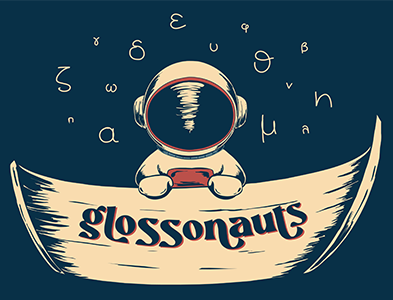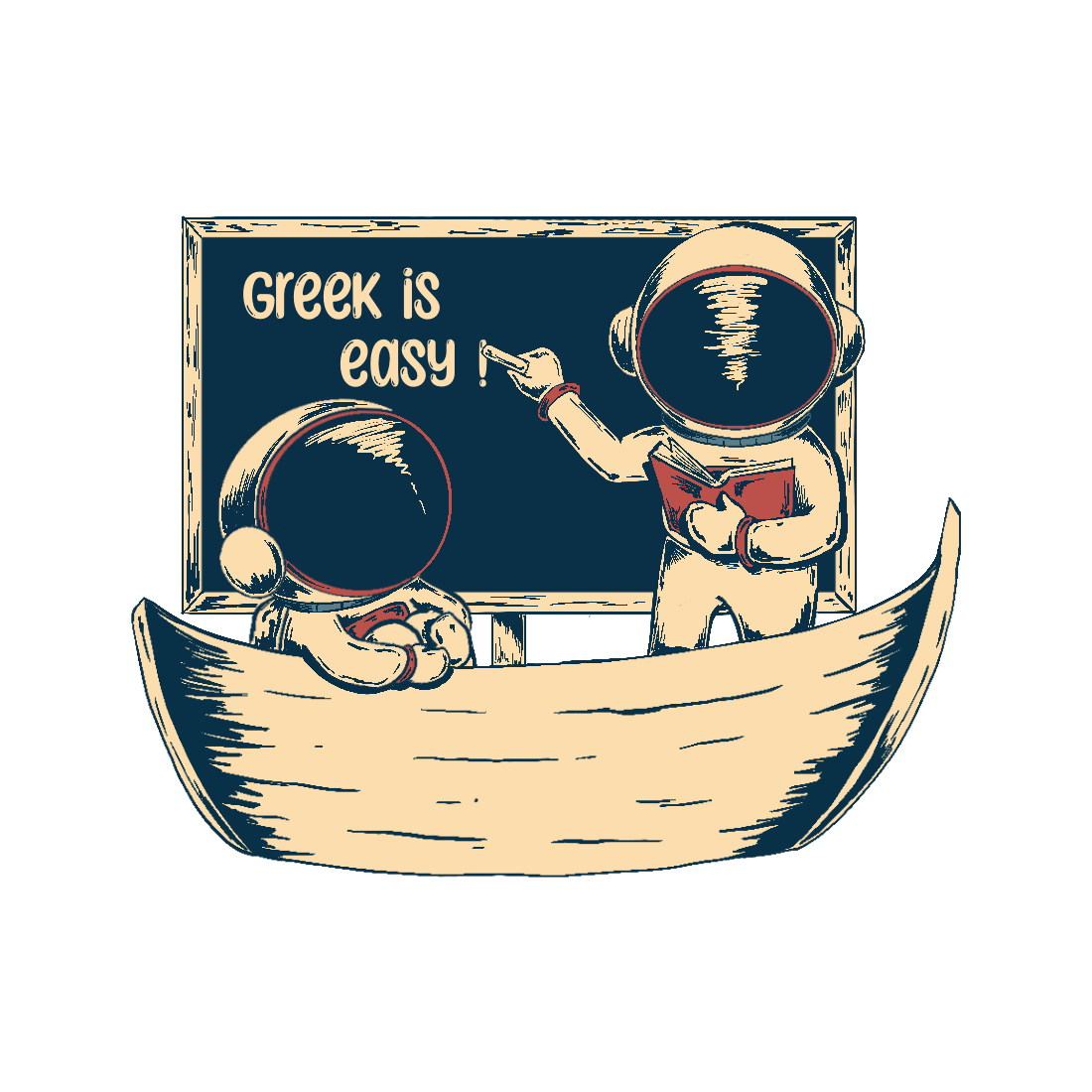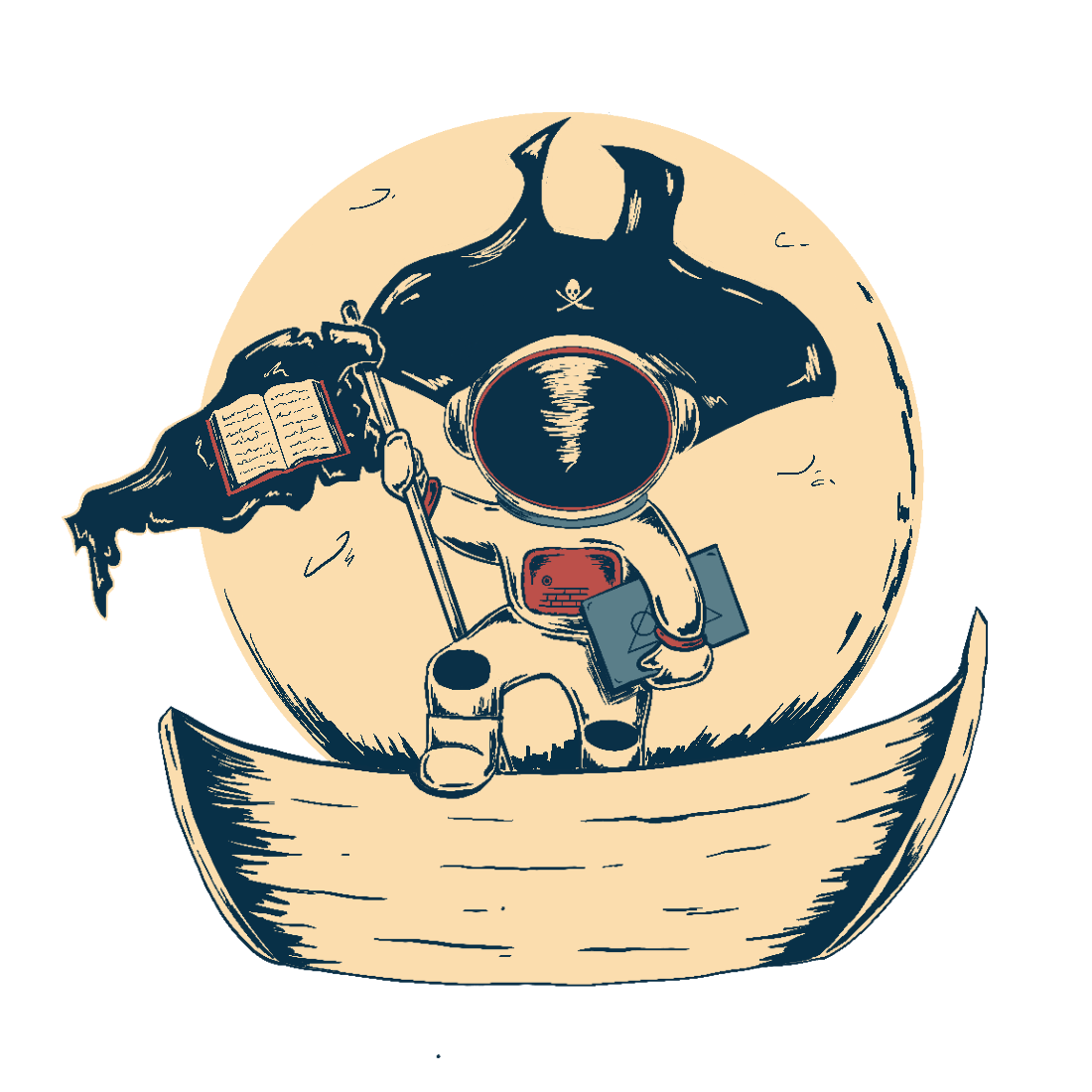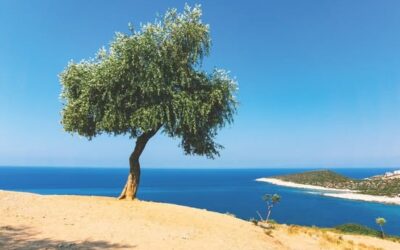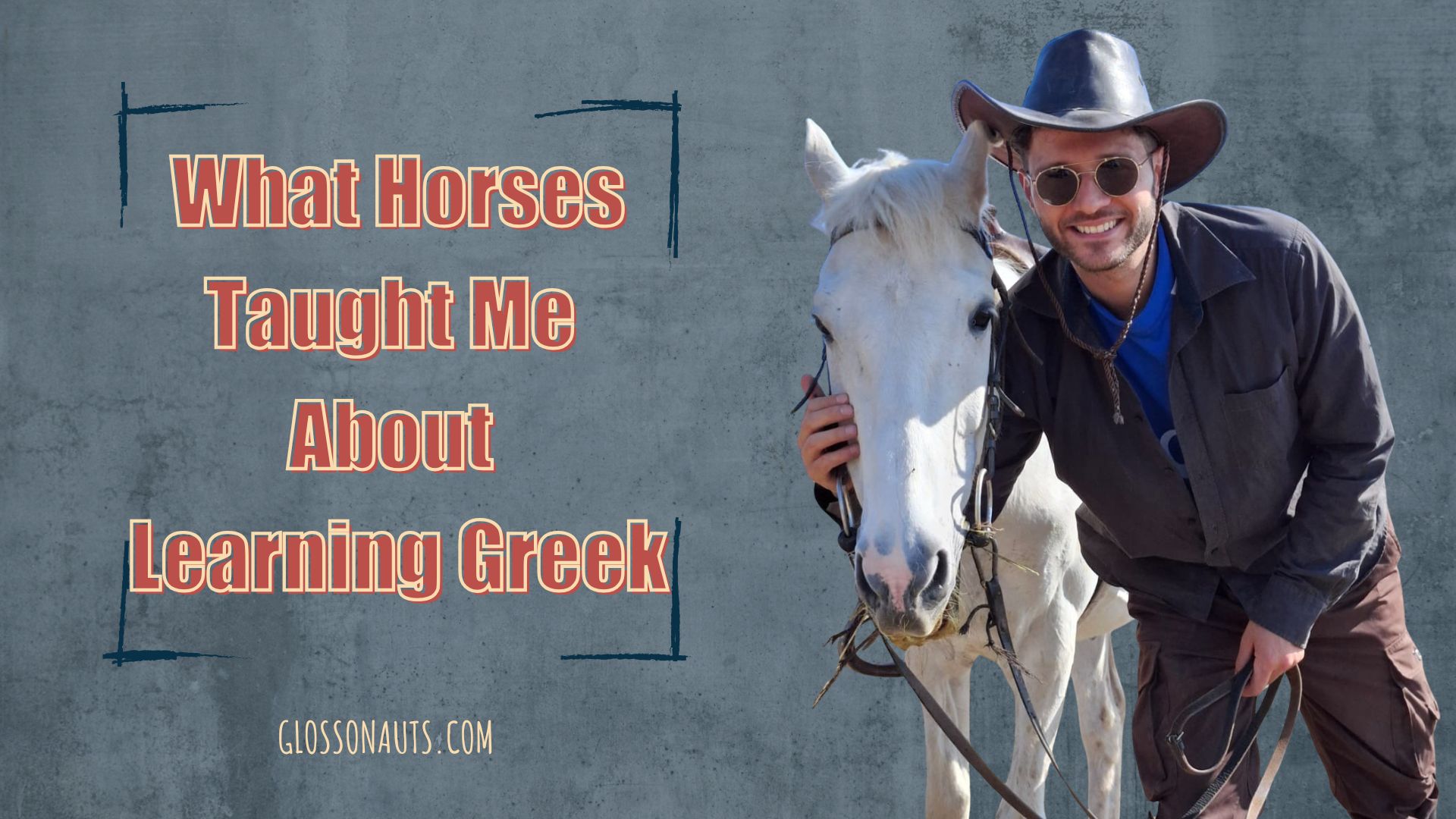
We never expected horses to teach us about language learning—but they did. While riding and watching these gentle animals, we realised how deeply their behaviour reflected our experience with Greek. The lessons weren’t just about horseback riding—they were about patience, trust, and progress. And strangely enough, they applied perfectly to learning a new language.
A Ranch Near the Ruins
The ranch we visited was tucked away in the Greek countryside, not far from some ancient ruins. It’s a peaceful place—open fields, soft winds, and the quiet presence of horses grazing under olive trees.
Trust Over Control
One of the first things to notice is how much trust matters with horses. You can’t force them to do anything. You have to earn their cooperation through calm energy, consistency, and presence. And honestly, learning Greek has been much the same experience. At first, you want to master it and push yourself into fluency. But that approach doesn’t work. Greek responds better when you’re gentle with yourself — when you show up daily, don’t demand perfection, and just keep going.
Communication Beyond Words
As we watched a rider guide a horse without even speaking, we realised that the best Greek sessions happen when you’re truly present, focused, and emotionally connected—not just blindly memorising vocabulary lists.
When Progress Halts
There was a moment when a horse simply refused to move forward. Instead of getting frustrated, the rider paused, observed, adjusted, and tried again. Eventually, the horse moved willingly. That reminds you of something. That you’ve hit walls in Greek too—when grammar gets confusing or you forget the same word for the fifth time.
The Power of Patience and Kindness
Horses are incredibly sensitive to energy. If you’re tense or impatient, they pull away. If you’re kind, they draw near. Learning Greek is asking the same from you. You have to learn to be kind to yourself—celebrating small wins, forgiving mistakes, and treating your progress with compassion. It’s not always easy, but it’s made the journey much more sustainable.
Greek as a Way of Life
Spending time on that ranch reminded us that learning isn’t just about textbooks or grammar rules. It’s about the environment, the culture, and the mindset. In that quiet place, surrounded by nature and animals. It wasn’t about language drills—it was about feeling, observing, and understanding.
You can check our Experience in this Slow Greek Vlog:
vocabulary
| English | Greek (Ελληνικά) | Pronunciation |
|---|---|---|
| horse | άλογο | Á-lo-go |
| ranch | ράντσο / φάρμα | RÁN-tso / FÁR-ma |
| language | γλώσσα | GLÓ-sah |
| learning | μάθηση | MÁ-thi-si |
| patience | υπομονή | ee-po-mo-NEE |
| trust | εμπιστοσύνη | em-bee-sto-SÉE-nee |
| mistake | λάθος | LÁ-thos |
| progress | πρόοδος | PRÓ-o-thos |
| experience | εμπειρία | em-bee-REE-a |
| communication | επικοινωνία | e-pee-kee-no-NEE-a |
| intention | πρόθεση | PRÓ-the-si |
| gesture | χειρονομία | chee-ro-no-MEE-a |
| presence | παρουσία | pa-roo-SEE-a |
Learning Greek, like working with horses, isn’t about domination or speed. It’s about building trust, staying patient, and moving with care. I’ll carry that with me—every time I open a book, watch a Greek show, or have a conversation.
If you’re on your own Greek journey, I encourage you to slow down and listen—to the language, the culture, and even the quiet moments in between. You never know where the next lesson might come from.
